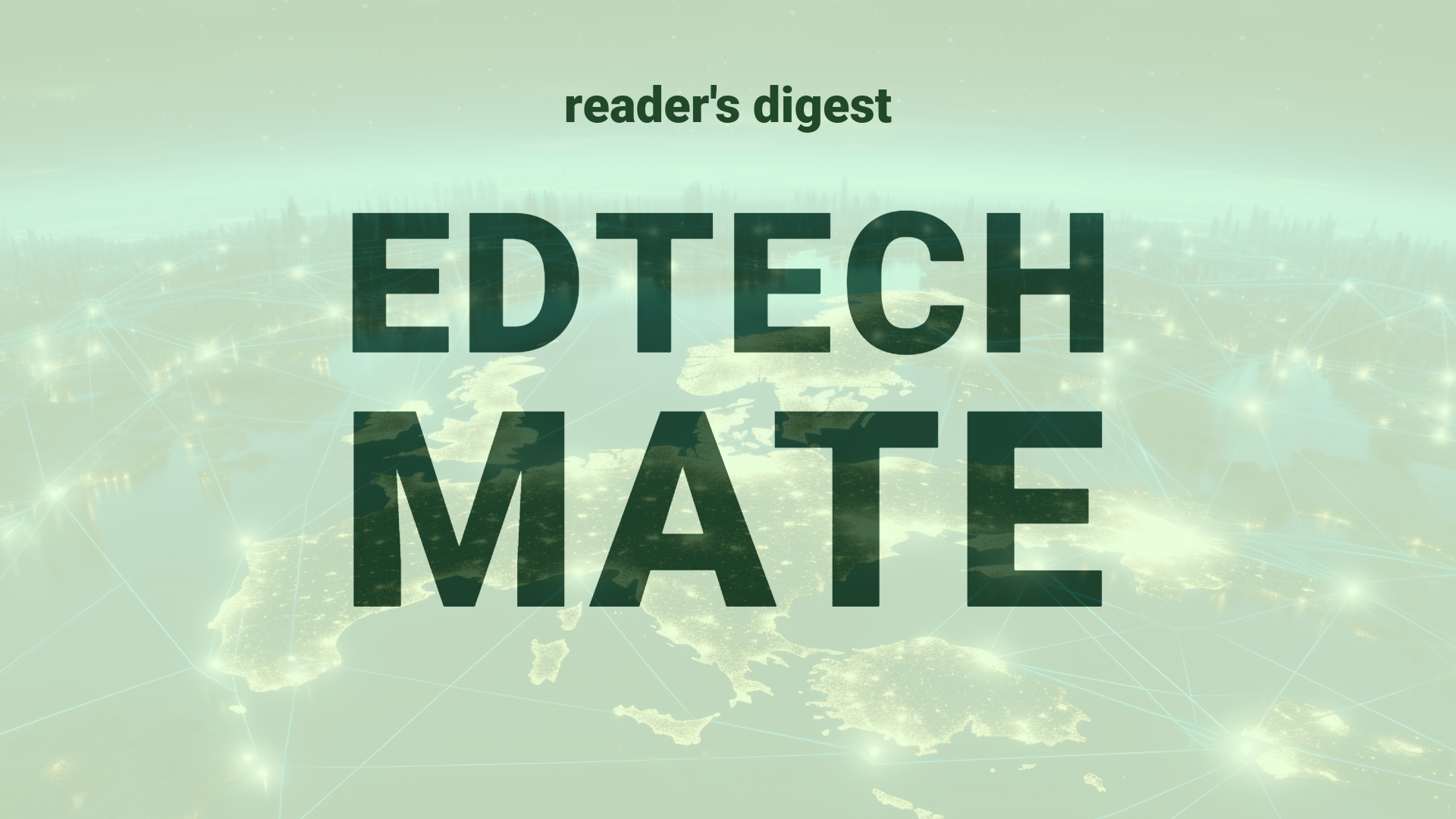Executive Summary and Main Points
In the emergent terrain of global higher education, strategic foresight has become intrinsic to institutional resilience and adaptability. Peter Scoblic, co-founder of Event Horizon Strategies, underscores the necessity of robust scenario-planning exercises for educational entities to remain agile amidst uncertainties. Through comprehensive strategic planning that encompasses crisis management and long-term modeling, organizations can discern investments fostering long-term viability. Emphasis on cognitive diversity within planning teams breeds innovative thinking, critical for transcending conventional paradigms.
Potential Impact in the Education Sector
Scenario planning articulated by Peter Scoblic has significant bearings on Further Education, Higher Education, and the burgeoning field of Micro-credentials. For Further and Higher Education institutions wrestling with rapid technological shifts and diversifying student needs, long-range planning can guide the integration of digital tools, curriculum revamp and international partnerships. In the sphere of Micro-credentials, thorough scenario modeling enables the design of credentials that retain relevance over shifting industry demands and labor market vicissitudes. Strategic partnerships, informed by diverse perspectives, can cultivate ecosystems seamlessly bridging education with evolving workforce requirements.
Potential Applicability in the Education Sector
AI and digital tools offer a transformative potential when synced with nuanced scenario planning. Predictive analytics can delineate student success pathways, while AI-informed curriculum development ensures alignment with future skills demand. Global education systems stand to benefit from virtual reality aiding immersive learning, adapting to envisaged learning environments. Simulations and scenario-based learning frameworks, embedded in digital platforms, can prepare learners for a multitude of futures, instilling adaptability and foresight as core competencies.
Criticism and Potential Shortfalls
Despite its promise, scenario planning faces scrutiny and potential pitfalls in application. One criticism pivots on the challenge of accurately predicting technological and socio-economic shifts, which can render scenario exercises ineffectual. Ethical issues emerge when forecasting involves data-centric AI tools, raising concerns over privacy and bias. Cultural blind spots, despite a commitment to diversity, might still skew scenario narratives. Comparative international case studies exemplify that educational systems with differing cultural contexts and resource levels may derive differential utility from such planning paradigms.
Actionable Recommendations
For the international education leadership seeking to leverage such technologies, a few actionable recommendations follow: establish interdisciplinary teams for scenario planning with robust representation; integrate AI to systematically analyze trends, but align with ethical frameworks to mitigate bias; pilot virtual learning environments with scenario-based curricula to foster adaptive skills; and form strategic alliances with tech firms for anticipatory tools development. Ongoing re-evaluation of strategic models should remain a fixture within the educational institution’s DNA, accounting for dynamic shifts in the educational landscape
Source article: https://hbr.org/podcast/2024/06/how-to-future-proof-your-strategy

